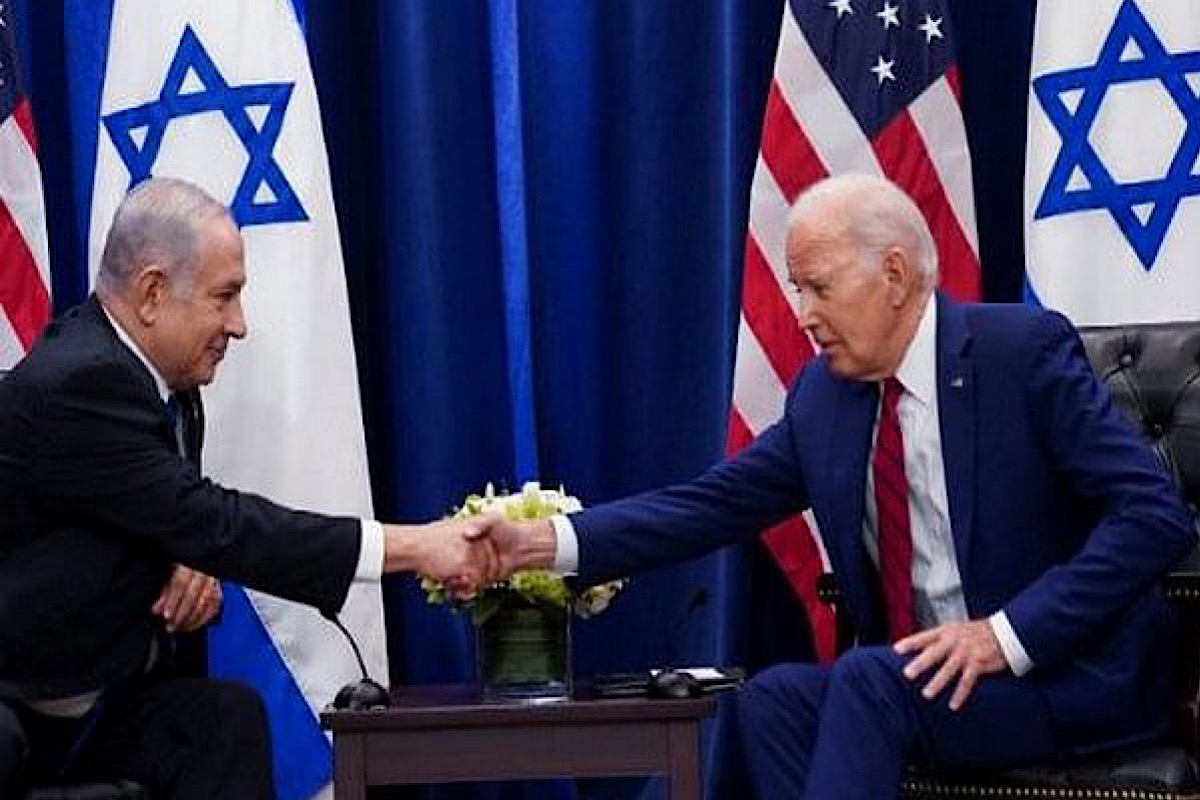The acceptance by Israel of a framework deal to deescalate the Gaza conflict, proposed by US President Joe Biden, represents a complex and contentious step towards peace. While the deal is seen as flawed and in need of substantial work, its acceptance underscores the desperate need to resolve the humanitarian crisis and secure the release of hostages held by Hamas. This moment highlights the broader challenges and opportunities in achieving lasting peace in the region. At the heart of the deal is a phased approach: an initial truce leading to the release of some hostages, followed by negotiations for an open-ended cessation of hostilities and the release of remaining captives.
This structure reflects a pragmatic, albeit imperfect, path forward. The continued role of Hamas in these negotiations is a point of contention for Israel, which maintains its objective of eradicating the group. Yet, this phased approach might offer a realistic avenue to reduce immediate violence and lay the groundwork for broader discussions. The inclusion of Hamas in incremental arrangements mediated by Egypt and Qatar could be seen as a necessary evil. While Israel views Hamas as a genocidal terrorist organisation that must be dismantled, side-lining them entirely could derail any peace efforts. President Biden’s plan acknowledges the grim reality that Hamas, for better or worse, is a significant actor in Gaza and must be engaged if hostilities are to cease.
Advertisement
This pragmatic recognition does not imply acceptance but rather a strategic move towards de-escalation. The proposed deal also highlights the importance of international mediation in resolving such deeply entrenched conflicts. The involvement of Egypt and Qatar as mediators suggests that regional actors play a crucial role in influencing outcomes. Their participation could lend credibility and facilitate dialogue that might otherwise be impossible. However, the plan is not without significant challenges. The internal political dynamics within Israel’s coalition government complicate matters. Prime Minister Netanyahu faces pressure from far-right partners who vehemently oppose any deal perceived as lenient towards Hamas. On the other hand, centrist factions, like Mr Benny Gantz’s party, urge consideration of the deal. This internal tug-of-war reflects the broader societal divide on how to address the Gaza conflict and the future of Israeli-Palestinian relations. For Hamas, the deal represents a potential lifeline. The group’s provisional welcome of the initiative indicates a willingness to engage, albeit under conditions that ensure their survival and political leverage.
Their demands for a guaranteed end to the offensive, withdrawal of invading forces, and reconstruction aid are significant. Ultimately, while Mr Biden’s proposed framework is not a perfect solution, it represents a crucial step towards de-escalation and the possibility of a longer-term peace. It underscores the need for compromise, international mediation, and a pragmatic approach to dealing with entrenched adversaries. As negotiations continue, the hope is that all parties can find common ground to end the violence and address the underlying issues that fuel this protracted conflict.











